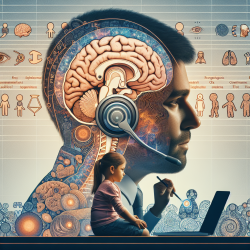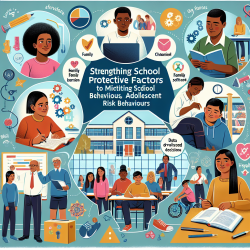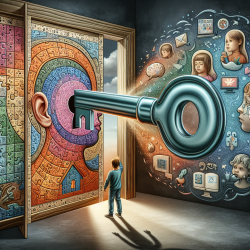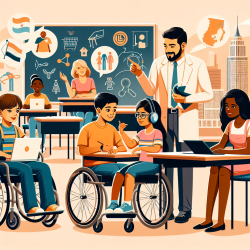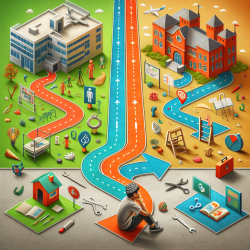The Journal of Clinical Child and Adolescent Psychology has published a comprehensive study reviewing treatments for disruptive behavior problems in children aged 12 years and under. This report updates the evidence on what works best for treating children with disruptive behavior issues, such as oppositional defiant disorder and conduct disorder.
Disruptive behavior disorders put children at risk for long-term problems including mental disorders, violence, and delinquency. Early intervention is key, making this new evidence vital for health professionals caring for children with these challenges. Healthcare providers can use this information to guide parents toward the most effective treatments.
About the Study
The study reviewed research reports from 1998 to 2016, examining treatments for disruptive behavior problems in children up to age 12. These studies were categorized by treatment approach, such as behavior therapy, client-centered therapy, and play therapy. They were also grouped by therapy type: group or individual, parent or child.
All results were reviewed and rated based on levels of evidence, with the highest rating given to studies tested in multiple settings by independent researchers.
Main Findings
Parent behavior therapy has the strongest evidence as an effective treatment for disruptive behavior problems in children. The highest-rated treatment approaches include:
- Group parent behavior therapy
- Individual parent behavior therapy with child participation
Other approaches, like client-centered therapy or play therapy, lacked sufficient evidence to receive high ratings. More research is needed to determine their effectiveness.
Parent Behavior Therapy
Also known as Parent Training in Behavior Therapy, Behavior Management Training for Parents, or Behavioral Parent Training, this therapy involves trained therapists using specific programs and manuals to teach parents skills for managing their child's behavior. This includes creating structure, reinforcing good behavior, providing consistent discipline, and strengthening the parent-child relationship through positive communication.
While these structured programs have strong evidence, more research is needed to identify essential components and determine which therapies work best for different families.
CDC’s Activities on Children’s Behavioral Health
The CDC is focused on improving the lives of children and families affected by disruptive behavior disorders and related conditions, such as ADHD. For children with ADHD, behavior therapy is recommended, especially for those under 6 years old. The CDC works to raise awareness, increase treatment options, and explore ways to improve access to behavior therapy.
For more information, please follow this link.






